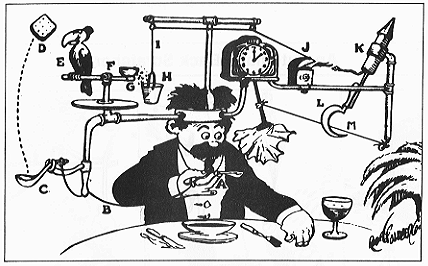
Entrepreneurial and Venture Capital thought leader Brad Feld offered the following pearl of wisdom:
“I don’t want to see a powerpoint deck – I want to play with something. I don’t want to hear a description of what you do – I want to see a demo. I don’t want you to tell me your background, where you went to school, or where your grew up. I want to see what you are working on.”
via Getting Your Demos Right – Feld Thoughts.
While this was written in the context of wanting to see demos, the overall sentiment is equally valuable for entrepreneurs – particularly about investors not wanting to hear about your background, credentials and life story.
Personally, I don’t agree as strongly with the sentiment that the demo is the most important aspect of the pitch. This all depends on the investor. The more risk-averse the investor (and thus less savvy) the closer you need to be to an operating company, a working product – preferably a product that has significant market validation, sales, revenues and profits. The further away you are from being an obvious success, then the more evidence you have to show that you, your company or idea could be a success. The difference between “could be” and “will be” equals risk. And anything risky needs some evidence that the risk is manageable and that there are enough potential rewards to warrant taking the risk.
But far too many entrepreneurs focus on their credentials, and their passion – as if they deserve success (and funding) because of their resume and drive. Franky, far too many entrepreneurs also focus too much on solutions – whether it is their brilliant idea for a solution or an actual product. Your solution is meaningless until you clearly “own” the customer problem or market opportunity.
So allow me to revise and extend Brad Feld’s remarks:
I don’t want to see a powerpoint deck. I don’t want to hear your credentials or where you went to school.
I don’t even want to see a demo – yet.
I want to hear about some deep market pain, where you are the expert on the market and on the customers.
Or I want to hear about some broad opportunity, where you have some special insights into the customers or market.
Only after I am convinced there is a real, under-served customer problem or an overlooked market opportunity, do I want to hear about your solution, see your demo or hear about your background.
